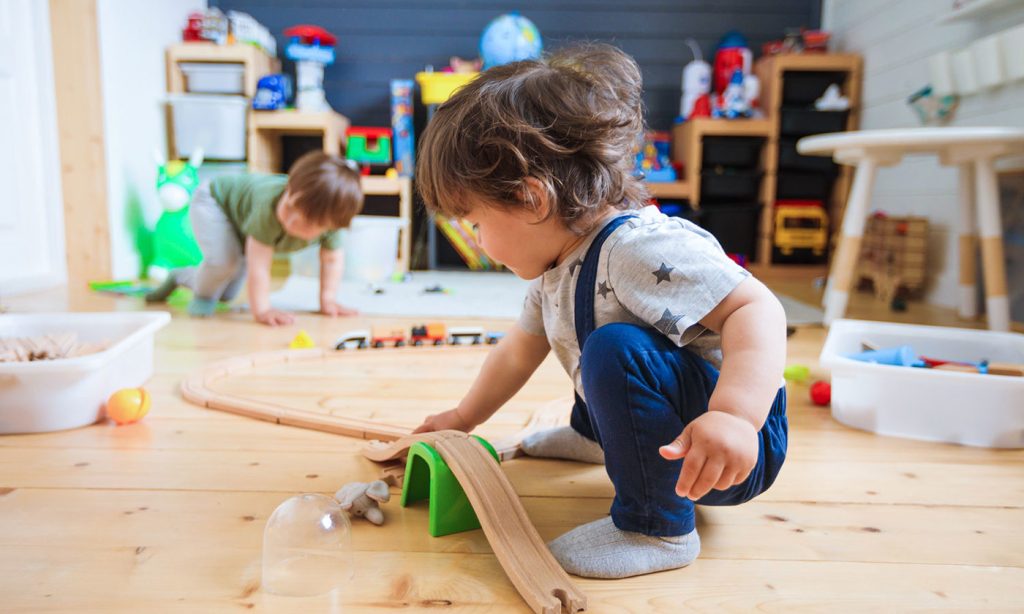
In today’s fast-paced world, it’s easy to overlook one of the most crucial aspects of early childhood development: play. Often seen as “just fun,” play is, in fact, a vital part of a child’s learning and growth. For families navigating the early years, understanding the role of play can make a significant difference in supporting their child’s development.
What Is Play-Based Learning?
Play-based learning is an approach where children engage in activities that capture their interests and curiosity. Whether it’s building with blocks, engaging in pretend play, or exploring nature, children are constantly learning through play. It allows them to develop skills such as problem-solving, creativity, communication, and emotional regulation in a natural and enjoyable way.
Why Is Play Important?
- Cognitive Development
Play stimulates brain development by encouraging children to think critically, explore new ideas, and experiment with different solutions. For example, building a tower of blocks helps children understand balance, cause and effect, and even early math concepts like size and measurement. - Social Skills
Group play teaches children how to share, take turns, negotiate, and resolve conflicts. These interactions lay the foundation for healthy relationships throughout their lives. - Emotional Growth
Through play, children express their emotions, work through challenges, and build resilience. Pretend play, for instance, allows them to explore different roles and perspectives, fostering empathy and self-awareness. - Physical Development
Active play promotes gross and fine motor skills. Activities like climbing, running, or drawing strengthen muscles and coordination, preparing children for more complex physical tasks as they grow.
How Families Can Support Play
- Create Opportunities
Provide a variety of toys, materials, and environments for your child to explore. Simple items like cardboard boxes, art supplies, and outdoor spaces can inspire creativity. - Encourage Open-Ended Play
Offer toys and activities that don’t have a set outcome, like building blocks or dress-up clothes. This allows your child to use their imagination and problem-solving skills. - Join In
Spend time playing with your child. Not only does this strengthen your bond, but it also shows them that you value their interests. - Limit Screen Time
While technology has its place, too much screen time can hinder imaginative and physical play. Encourage hands-on, interactive activities instead. - Trust the Process
Remember, play is a child’s way of learning. Even if it looks like “messing around,” they are developing essential skills that will benefit them in the long run.
Conclusion
Play is not just a pastime; it’s a powerful tool for learning and development. By embracing play and providing your child with opportunities to explore and create, you’re setting the stage for lifelong success. As your child’s first teacher, you have the unique ability to nurture their growth and help them discover the joy of learning through play.
If you’d like to learn more about how we incorporate play into our educational approach, feel free to reach out to us. Let’s work together to support your child’s journey!
C. Samosa Milne